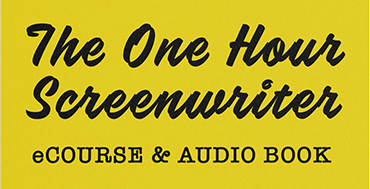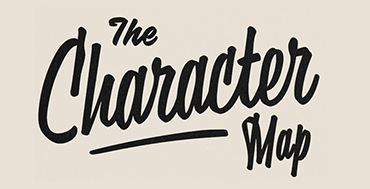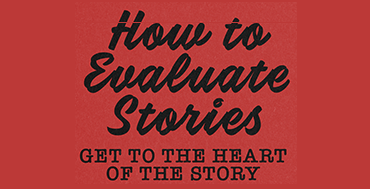Revolutionary or Rebel Part Two


I had a question about my last post. Can a revolutionary also be a rebel?
The answer is real life, of course, is yes. Real life is messy and complicated. Storytelling is not. The stories in film and television help us make sense of the world. They lift us above the chaos of life. They condense time, put things in context and give meaning to cause, effect and experience.
In order to have real power, a story and a character must have a single clear emotional focus. That means a story must be about one true thing. Intuitively, it would seem that if a story is about many things it would appeal to a wider audience. In fact, the opposite is true.
When a story is about one true thing the audience brings their philosophy, experience and view of life and they measure that against the choices the character makes. They bring their perspective to the story and test it against the one true thing on the screen. In doing so, they make the story about themselves.
When a story is about too many things, it is confusing. The audience can’t make the story about themselves because there is no clear hook or connection. When a story is about too many things, it is about nothing. The audience can’t find a clear way in.
Going back to the original question: Is the character a revolutionary or a rebel? What is the most true about the character.
Both a revolutionary and a rebel challenge the status quo. Is the challenge to authority about changing or reforming a situation or society as a whole (the Power of Conscience) or is the challenge to authority about asserting personal individuality or personal autonomy against the dictates of the state or society (Power of Idealism). (See yesterday’s post for examples.)
Once you’ve made your choice then bring all the decisions and conflicts back to that one true thing. Answer all the Story Questions about that choice. What’s a Story Question?
A character’s Story Questions are the defining personal, philosophical and psychological questions that drive the character’s actions in the story. They give the character’s emotional journey shape and meaning.
Each of the Nine Character Types wrestles with one specific and clear set of Story Questions. The character’s answer to those questions define the one true thing at the core of the film.
What about a novel? There’s more room to explore in the longer form of a novel.
The best novels also have a very clear set of Story Questions at their core. These questions might be expanded upon in more depth in a novel than in a film. But the best novels don’t stray from the essential truth about what’s driving the character forward through the story. Clarity of emotional focus is essential in every storytelling medium regardless of length or form.



Create a visual map for a character’s emotional journey. Pull stories from character rather from rote story structure beats. Some of the largest international media companies, use this in story and character development.


A clear concise guide for writers and producers to have by their side as they embark on a project. It gives a really vital reminder of what is key for story success.

No comment yet, add your voice below!